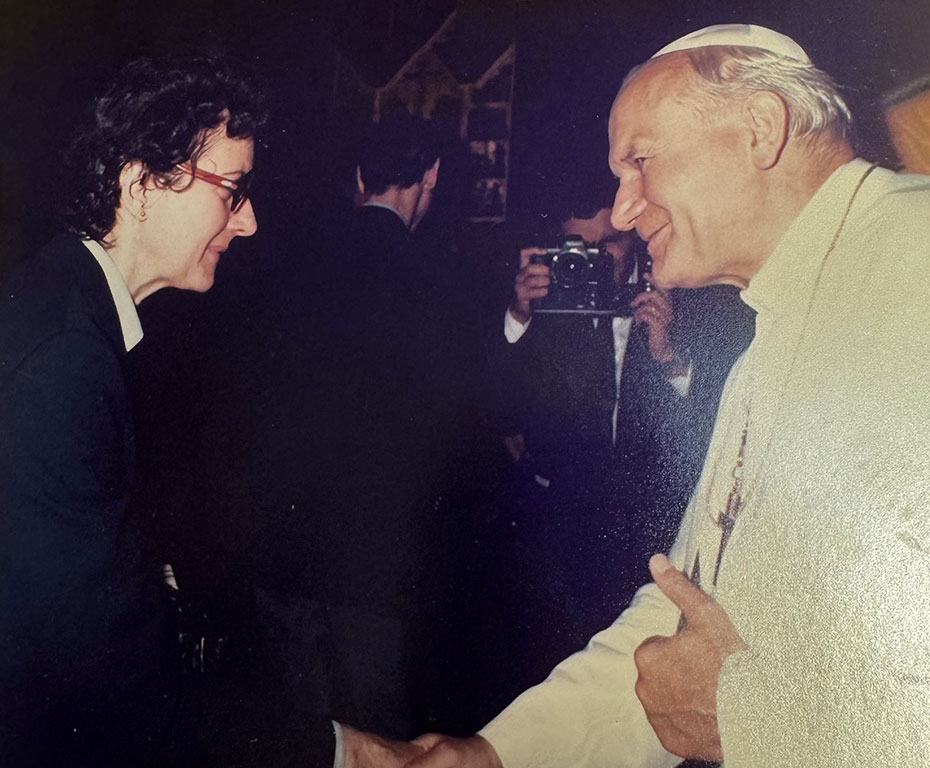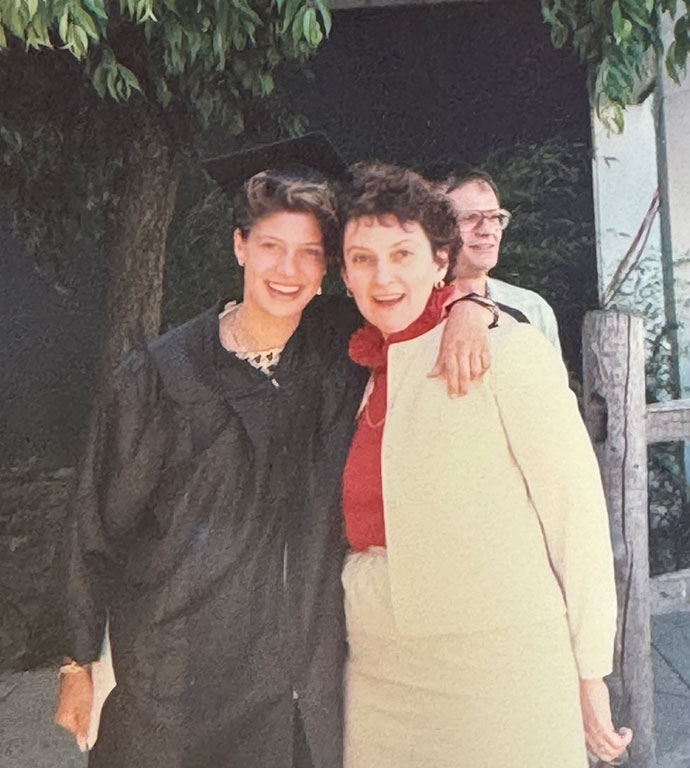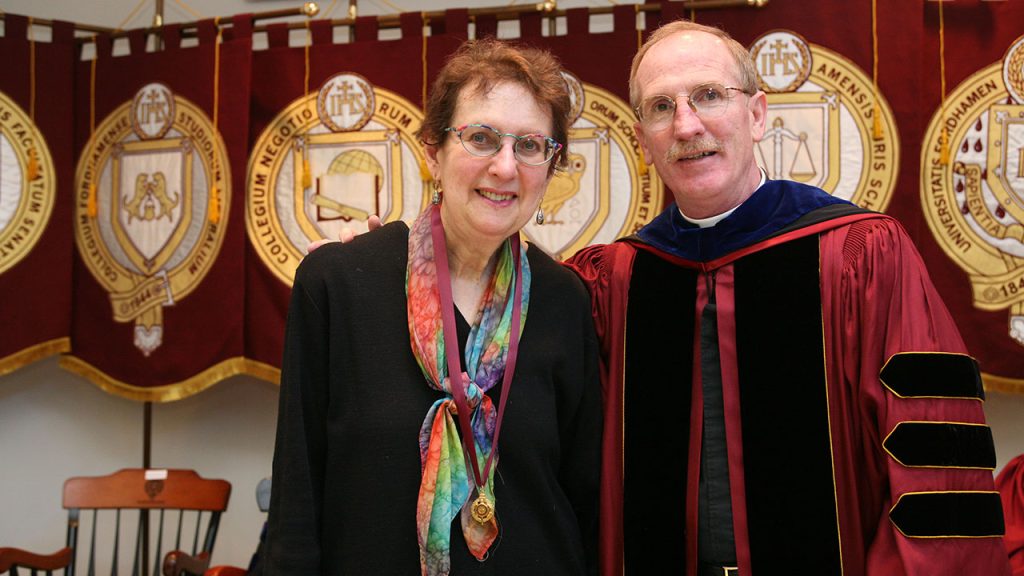Bernice Glatzer Rosenthal, Ph.D., a professor emeritus of history and trailblazer for women in academia, died at her home in Manhattan on June 1. She was 86, and the cause of death was complications from Parkinson’s disease.
An expert on Russia and the philosopher Friedrich Nietzsche, Rosenthal published numerous books and articles, including New Myth, New World: From Nietzsche to Stalinism (Penn State U. Press, 2002)—seen as an authoritative study of Nietzsche’s influence in Russia. Her work was cited repeatedly by scholars around the globe.
She joined the faculty of Fordham in 1970 and taught undergraduate and graduate students for 45 years. In 1990, she became the first woman promoted to full professor in the history department.
In 2010, at a ceremony where she was honored for 40 years of service at Fordham, Rosenthal was lauded for having “earned a place in the star-studded pantheon of European historians.”
Maryanne Kowaleski, Ph.D., the Joseph Fitzpatrick S.J. Distinguished Professor Emerita of History and Medieval Studies at Fordham, said that when she arrived on campus in 1982, Rosenthal was part of a faculty group called Women at Rose Hill that advocated for issues such as fair pay.
“It was a huge influence during my first years, not only because it allowed me to meet many of the other female faculty at the University but also because of the supportive community it provided at the time,” she said.
She also taught courses focused on Tsarist and 20th-century Russia, European intellectual history, and religion and revolution. Among students, Rosenthal was also known for her classes on the history of food, women in modern European history, and the occult. She was often sought after as an expert on the Soviet Union; she appeared on television a show on Ivan the Terrible for A&E’s Biography Series.

Rosenthal was born on March 24, 1938, in New York City and grew up, along with her brother Bernard, in the South Bronx. She earned a bachelor’s degree in history from City College of New York, a master’s degree in history from the University of Chicago, and in 1970, a Ph.D. in history from the University of California, Berkeley.
Her daughter Lara said some of her most vivid memories of her mother include her sitting in a black leather reclining chair with a book and a yellow notepad. When Lara was 8, her friends visited for a sleepover, and instead of playing games, she said, they tried to count how many books her mother had on the wall.
“In high school, sometimes I would leave one of my books from English class or a history class on the coffee table, and when I came home from school, she would have read the whole thing, cover to cover in one day,” she said.
“Her superhuman reading speed astounded and completely annoyed me, as I was just a mere mortal in my reading speed.”
Although Parkinson’s Disease took a toll on her mother, Lara said as her body got weaker, her spirit grew stronger, and they grew closer.
“Many years ago, Bernice said she wanted the words Eshet Chayil, which is Hebrew for ‘a woman of valor,’ on her headstone. At that time, I was annoyed at her and just said something along the lines of ‘Ok, fine,’” she said.
“These last few years, we were able to have some very honest and healing conversations that were not possible earlier in her life, and this meant the world to me. She has earned her Eshet Chayil and it will be on her headstone with my love and my blessing.”

Rosenthal is survived by her daughter and her brother Bernard. A funeral was held on June 9.

